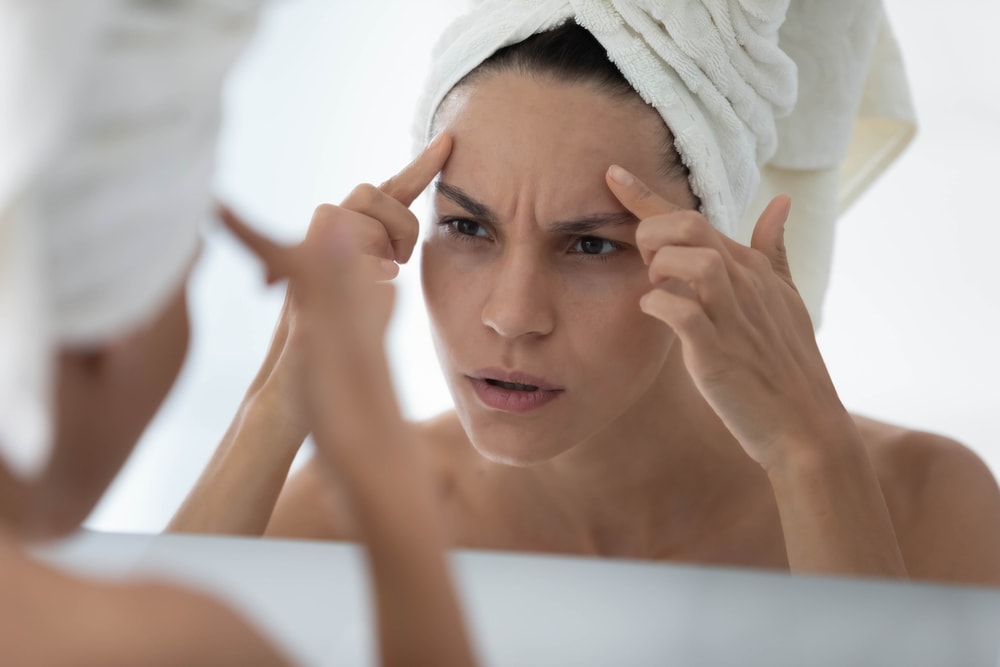
Rosehip oil is one of those products your skin will love and thank you for. It’s made of rose bush seeds and has numerous benefits for your skin, but despite its uses, there are also a few risks you should be conscious of. Here are some of the ways it can help your skin and things to be conscious of.
Dark Spots & Hydration
Believe it or not, you can treat those annoying dark spots with rosehip oil. It can even out your skin tone because of its unique blend of antioxidants, vitamins, and fatty acids. If you want to improve your overall skin texture, include this product in your routine, and you’ll see results soon.

If your skin needs extra hydration, the vitamin C in rosehip oil will do the job. It is one of those oils that provides a moisturizing effect and can keep your face hydrated for hours. It will give your skin a healthy glow, help you look younger, and reduce the appearance of wrinkles.
Calming Irritated Skin
If you struggle with sensitive skin that is often irritated, rosehip oil can calm it and reduce the discomfort. Thanks to the vitamin E it contains, this product will be your skin’s best friend.
Rosehip oil contains anti-inflammatory fatty acids, which can reduce wrinkles and help with pigmentation. Vitamin A is known to fight wrinkles with ease and even skin tone. It also provides your skin with collagen, which erases fine lines and wrinkles.
Potential Risks of Regular Use
As with all skincare products, you should be careful when using rosehip oil. There’s a chance you might be allergic to it, so make sure to test it on your arm before applying it to your face.

Whether rosehip oil can be used every day depends on how your skin reacts to it and the other products you’ve included in your routine. Look for signs of irritation including itching and redness, rash, hives, blisters, and a burning sensation before going all-in on a new skincare routine. Also, you should wear SPF 30 when using the oil.